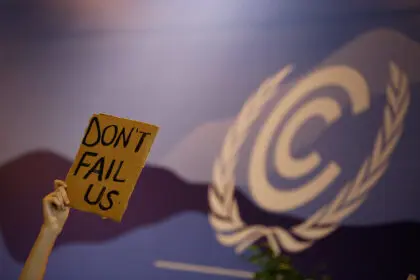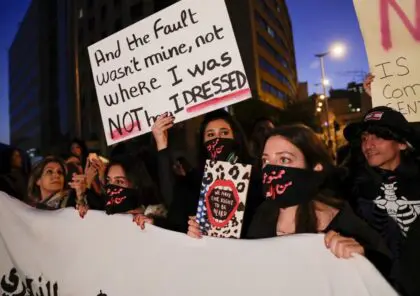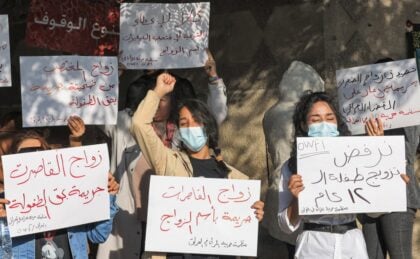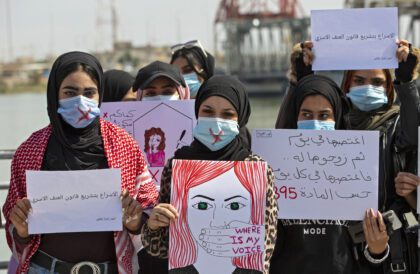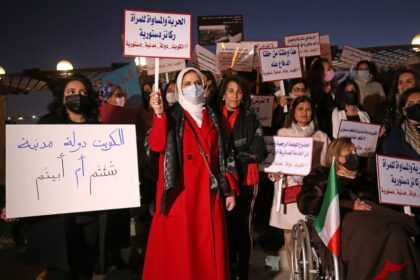
Introduction
Minorities are a group of people belonging to a civilization that differs from what prevails within the state. Minorities are diverse, ranging from religious, ethnic, linguistic to cultural such as the Baha’is, the Beja tribes in Egypt, the Sabean Mandaeans, the Turkmen in Iraq, the Armenians and Jews in Turkey, the Druze in Syria and Lebanon, the Berbers in Morocco and Algeria and so forth.
Due to the lack of accurate information and statistics on the ethnic, religious, sectarian, and linguistic composition of the social structure of the countries in the Middle East and North Africa, researchers are helpless in their attempts towards studying the affairs and rights of minorities in those countries. However, what is happening on the ground, cannot be denied.
Minorities have a long history of existence in these countries. It is illogical to think of obliterating their identities or attempting to uproot them from where they have lived for hundreds, if not thousands of years. Throughout history, tireless attempts have been made to dissolve them or forcibly integrate them into the dominant, ruling majorities, who control public conventions and enact laws and legislation. However, this mentality has been imprinted in the minds of successive generations of the dominant majority, especially in non-democratic societies; therefore, most minorities continue to struggle to preserve their cultural, religious, and linguistic identity.
Of course, minorities do not share the same principles, values, goals, or ambitions; each population of minorities has its history, diversity within its homeland, sufferings, contradictions, and even divisions. In some societies, minorities live within the framework of larger minorities and have conflicting religious and ideological views within their single minority structure.
Some believe that the mere research into the rights of minorities and the study of their conditions is a political game rather than of moral values and a sincere defense of a group whose rights have been squandered under the weight of the dictatorship of the majority. International conventions stress the protection of the rights of minorities, their national or ethnic identity, and their cultural, religious, and linguistic identity, and the creation of conditions that allow this identity to be strengthened.
In the United Nations General Assembly Declaration on the Rights of Minorities, the UN affirms the right of minorities to enjoy their own culture, to profess and practice their own religion, and to use their own language in private and public. This is a right and should come without interference or any form of discrimination, as well as the right to effectively participate in cultural, religious, social, economic, and public life. The Declaration also called on member states to take measures to ensure that persons belonging to minorities can exercise all their human rights and fundamental freedoms, to allow them the opportunity to develop their culture, language, religion, traditions, and customs as well as to be able to learn their mother tongue.
Latest Minority Rights Articles
Below are the latest articles related to minority rights. Please check the side navigation menu to learn more about specific Middle-Eastern and North-African topics related to social justice.





